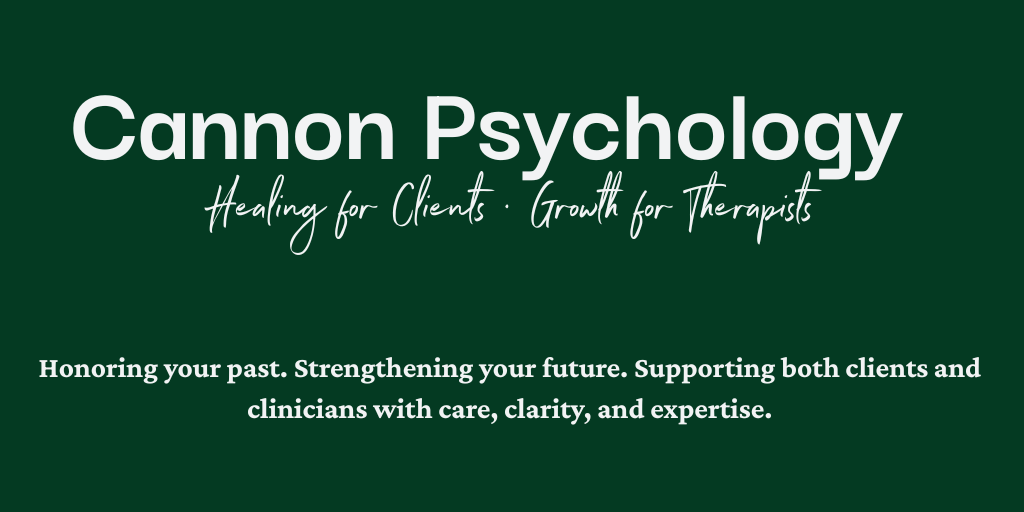
EMDR Therapy for Substance Use & Problematic Behaviors

For many high-achieving professionals and leaders, stress doesn’t just show up as anxiety or overthinking — it can slip into patterns of drinking, overworking, or other ways of numbing. These behaviors often start as quick fixes to take the edge off but over time can create cycles of stress, use, and guilt that feel impossible to break. Addiction-focused EMDR helps you get to the root of those patterns, so you can move forward without feeling trapped by old coping strategies.
What makes this especially tricky is how well these coping habits can “blend in.” Working late might look like dedication, and a drink at dinner may seem harmless. But underneath, these same patterns can gradually erode focus, confidence, and connection with others. EMDR offers a way to clear the underlying triggers so that what used to feel automatic finally becomes a choice.
When Drinking Becomes Part of the Culture
In executive and leadership circles, alcohol use can feel almost expected. Deals are celebrated over cocktails, networking happens at happy hours, and unwinding with alcohol is woven into professional culture. But when “just one drink” becomes the default stress reliever, it can blur the line between social connection and personal coping. Addiction-focused EMDR can help you recognize where the culture ends and your wellbeing begins, allowing you to stay engaged in your professional world without sacrificing clarity, health, or self-respect.
This isn’t about judgment or being “anti-alcohol.” It’s about noticing when drinking has shifted from a social norm to something that quietly controls you more than you’d like. EMDR doesn’t force abstinence; instead, it helps you process the memories and stressors that fuel cravings, so that alcohol feels less necessary in the first place. Many clients find that their relationship to alcohol changes naturally as the old emotional charge begins to lift.

Beyond Alcohol: Other Ways of Numbing
Not everyone turns to alcohol. For some, numbing looks like late-night scrolling, over-exercising, compulsive productivity, or filling every moment with work. From the outside, these strategies may look like discipline or ambition, but inside they can drain your energy, relationships, and sense of balance. In therapy, we explore what these habits are protecting you from — and reprocess the underlying triggers — so that your drive and focus can come from a grounded place rather than from avoidance or burnout.
These behaviors are often subtle because they’re reinforced by professional environments that prize output and efficiency. Over time, however, they can leave you feeling like you’re always “on” but never satisfied. EMDR creates the space to address the stressors that keep these patterns in motion and replace them with healthier, more sustainable ways of coping. You don’t have to lose your ambition — just the constant feeling of being hijacked by it.
How Addiction-Focused EMDR Helps
EMDR therapy is a research-supported approach that helps the brain reprocess memories and triggers that fuel addictive behaviors. By working directly with the root causes — past experiences, shame, or high-stakes stress moments — EMDR reduces cravings, interrupts automatic loops, and restores choice. Combined with relapse prevention strategies, EMDR provides a foundation for lasting change without requiring you to lose your edge or ambition.
One of the most powerful parts of EMDR is how quickly clients can notice shifts in craving and shame. What once felt overwhelming can start to feel more neutral — just another piece of information, rather than an irresistible pull. This shift doesn’t just support sobriety; it strengthens confidence and self-trust. Over time, clients often report feeling more present in their relationships and more capable of making business and life decisions without fear of being undermined by old habits.

My Approach
I bring advanced training in addiction-focused EMDR and integrate Internal Family Systems (IFS, Level 1 trained) when helpful. This means we don’t just target cravings — we also work compassionately with the parts of you that turn to substances or behaviors as protection. My style is warm, direct, and collaborative. We’ll move at a pace that feels safe, but always forward, helping you build both resilience and freedom in how you respond to stress.
Together, we’ll identify the moments in your story that feel most connected to stress, shame, or craving. EMDR will help your brain reprocess those memories so they no longer trigger the same intensity in the present. IFS offers a way to honor the protective roles those behaviors once played, while also allowing new, healthier strategies to emerge. This combination helps clients not only reduce addictive behaviors but also deepen their sense of identity, confidence, and choice.
Next Steps
My fee is $250 per 50-minute session. You can read more on my Investment page.
Therapy is a commitment, and it’s natural to wonder whether now is the right time. That’s why consultations are designed to give you space to ask questions and see if this approach fits your needs. We’ll look at where you are in your process, what goals you have for yourself, and whether EMDR feels like the right next step. If you’re ready to break free from cycles of numbing and reclaim your focus, I invite you to book a consultation.


